Journalism
35 mins
Capturing, Storing & Sharing Video Evidence
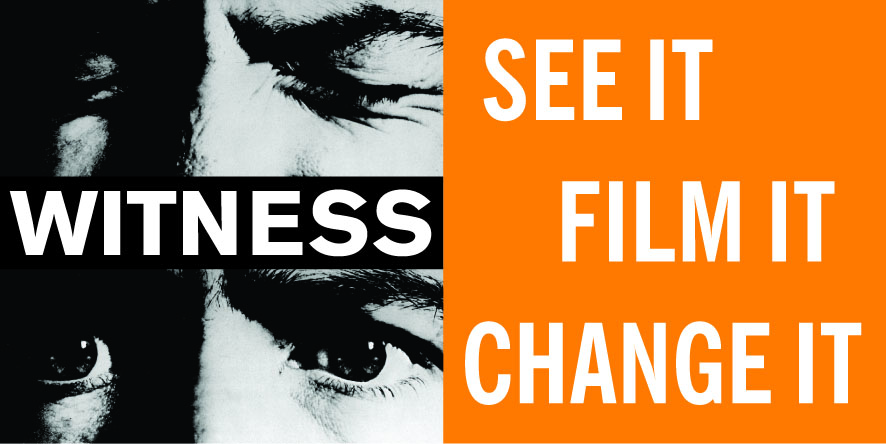
- Abstract:
- This course will provide you with an overview of what you need to consider when you are filming in an environment where human rights violations may be taking place. You’ll learn about different ways of filming and the importance of maintaining the integrity of your video content so it can potentially be used as evidence in a court of law.
- About this course:
- Because of smartphones, it is now more possible than ever to carry around a high quality video camera in your pocket. The ability to record and upload content is now in the hands of many, not just the journalist or dedicated activist. Footage from ‘citizen journalists’ is widely available on social media but is this footage suitable for the courts?In this course we'll pass on some tips and techniques to give you the best possible chance of making your video footage useful, reliable and acceptable in a legal context. We’ll look at what to film, how to film it and what to do with the footage once you press the stop button.
- What do I learn:
- You will learn about the kind of content that is useful to shoot when exposing human rights violations and how to pass on that footage in a way that doesn’t compromise its usefulness.
- What do I need to know:
- This course is useful for anyone who is interested in the possibility of filming potential human rights violations with the aim of making that footage available in a legal context or wants to enhance it’s value for use in advocacy work. You should have a working knowledge of a camera and be comfortable with transferring files from your camera to computers and other systems.
Trainers
- 1.1 Introduction to course1.2 Safety First1.3 Video for legal purposes1.4 Quiz: Safety
- 2.1 Your role: The intentional documenter2.2 What, Who & How2.3 The Collection Plan2.4 Quiz: What, who and how
- 3.1 Metadata: What is it?3.2 More metadata tips3.3 Filming Tips3.4 Writing a camera report3.5 Quiz: Filming key points
- 4.1 Chain of custody4.2 Protecting your footage4.3 Managing your media4.4 Organising and tracking your footage4.5 Quiz: Protecting your footage
- 5.1 Sharing your footage with a trusted few5.2 Sharing your footage publically5.3 Quiz: Sharing your footage
- 6.1 Conclusion
Related courses

40 mins
 Rory Peck Trust
Rory Peck Trust
40 mins
 Rory Peck Trust
Rory Peck Trust
40 mins
 WITNESS
WITNESS
40 mins
 WITNESS
WITNESS
Suggested reading
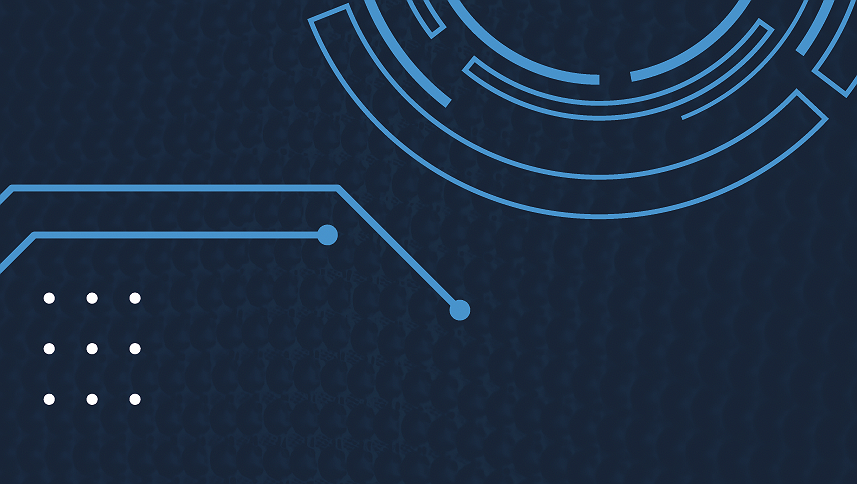
Blog
Building Capacity for Monitoring & Documenting Human Rights Violations
The purpose of this assessment is to evaluate the efficacy of strategies used by HRPs/HRMOs for communicating during blackouts. The goal of this project envisages to see a ZimbabweanCivilSociety that is prepared to document and monitor human rights violations without hiccups during internet shutdowns.

Blog
Advocacy Assembly Internet Shutdown Academy: Creative Strategies to Fight Back
Internet shutdowns are occurring increasingly globally, posing significant threats to freedom of expression, access to information & economic growth. These shutdowns manifest in various forms through different technical measures & are implemented by governments in various circumstances. Responding to this threat of internet shutdowns, Advocacy Assembly designed the Internet Shutdown Academy, a set of 10 full online courses in 7 languages!
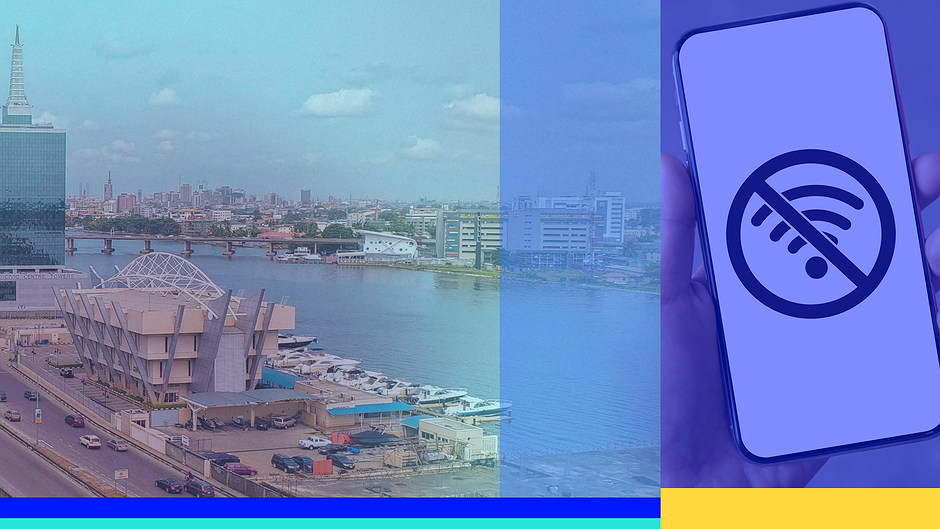
Blog
Evaluating the Efficacy of State-Imposed Telecom Shutdowns in Northwest Nigeria
This article casts doubt on the shutdowns' effectiveness in curbing banditry, exposing alternative explanations for any temporary decrease in attacks. It questions the legitimacy of justifying these shutdowns as effective counter-terrorism measures, advocating for alternative approaches that prioritize community engagement, human rights, and development initiatives to address the root causes of insecurity and foster lasting peace in Northwestern Nigeria and Nigeria at large.

Blog
Impact of the Twitter Ban in Nigeria
This post is a research study on the impact of the Twitter ban in Nigeria on Human Rights Monitoring, Advocacy and Creativity. Read more.
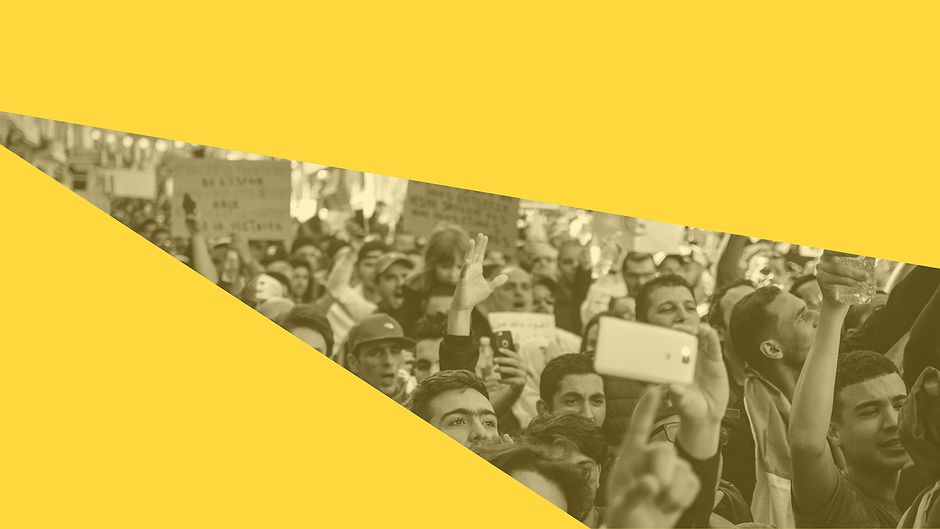
Blog
Four Free Toolkits to Fight Internet Shutdowns
Let’s tell you a little bit more about each toolkit!
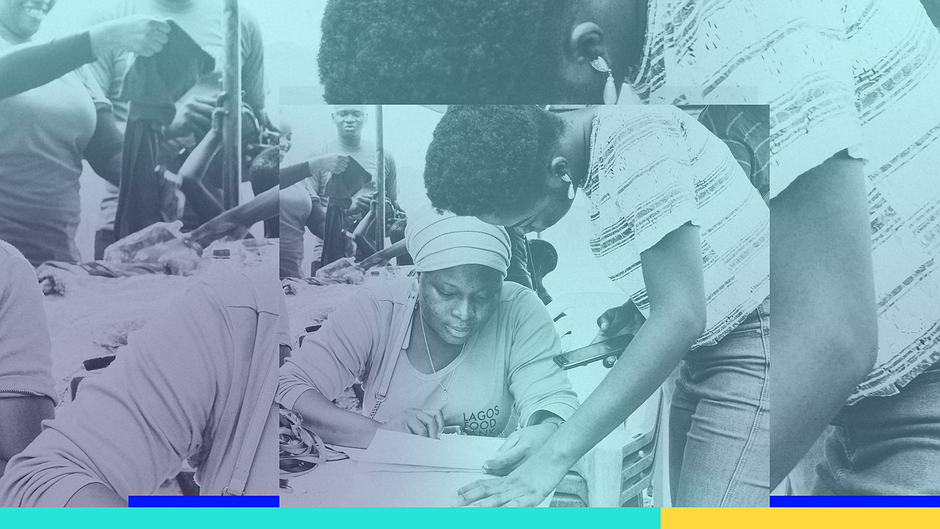
Blog
The Impact of Internet Disruptions on Farmers in Nigeria
In Nigeria’s Northwestern Sokoto State, farm workers grapple with geopolitical challenges, shifting climate realities, and economic turbulence. However, they now face a new, growing threat: a troubling rise in internet disruptions, which threatens their ability to work in an increasingly digitally connected world. Read more.

